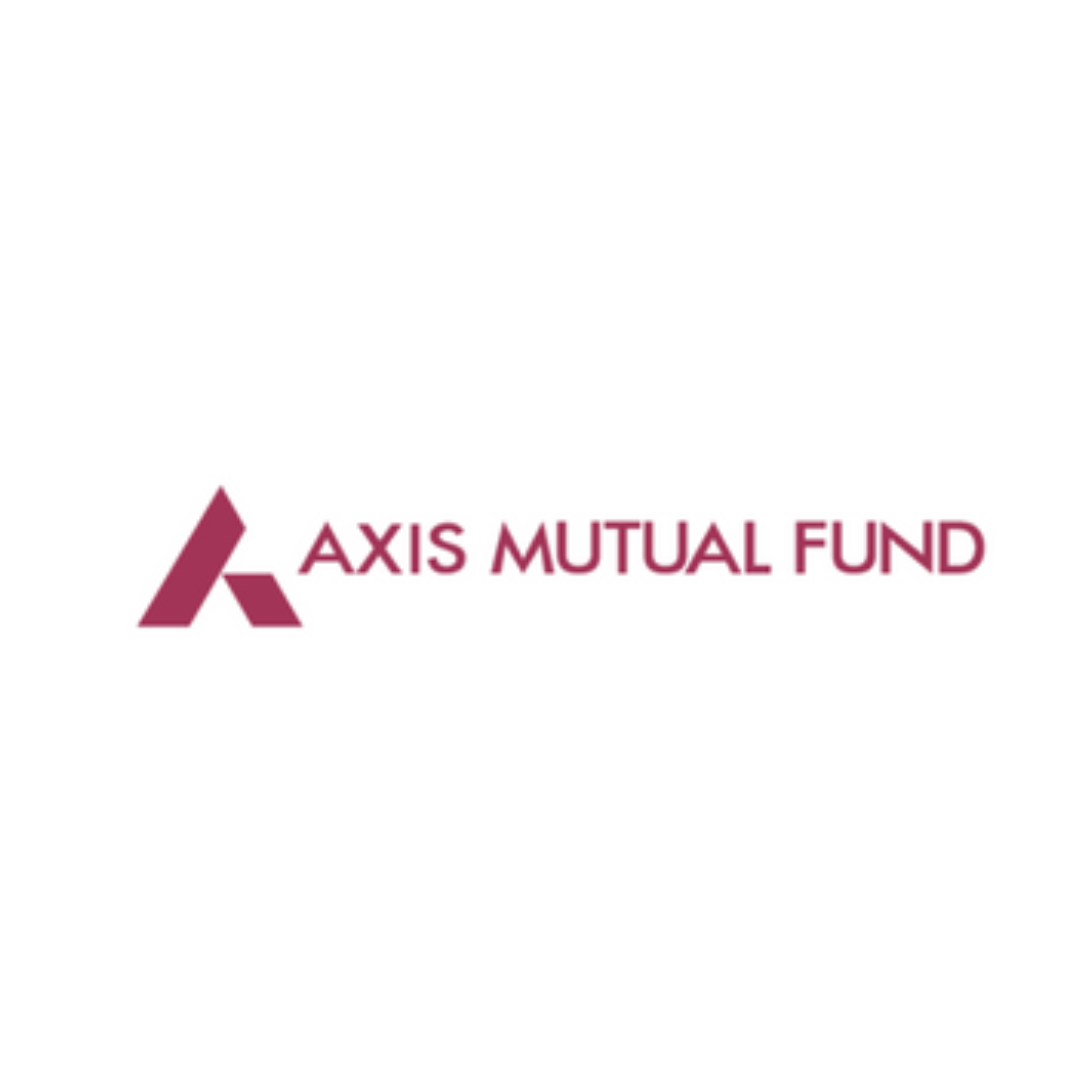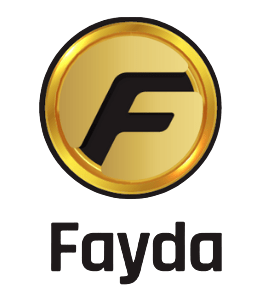May

More About BlockChain
Blockchain is an Artificial Intelligence (AI) system that uses input data, execution instructions, and required output to increase automation, safety, and labour efficiency.It is the storage of digital records of transactions in the form of any crypto block by several computers connected on a peer to peer network. Blockchain is a revolutionary method for storing data that is difficult to edit, hack, or cheat. As a result, every data saved in the blockchain remains unaltered and unchangeable.
Safety and privacy, improved traceability, improved transparency, automated work, increased productivity and effectiveness, information management, cost savings, loyalty development, and so on are some of the advantages.
In today's exponentially and fast changing technology driven environment, it has various use cases due to its benefits. Smart contracts, Internet of Things, Money transfer, Personal Identity Security, Logistics, Digital Media can be done using blockchain technology. All of these tasks can be completed without the blockchain, but it makes them easier, better, more cost-effective, more resource-efficient, less risky, and faster.
Local and small business owners will benefit as well.As due to its salient features and benefits, blockchain could be an important tool in reviving the ailing retail industry and local market.
Use Cases of Blockchain Technology-
1. Money Transfer-
One of the use cases of blockchain is for money transfers. Blockchain encourages fast and risk free transactions and transfers. It is successfully used by the BFSI sector as it saves time as transactions are lightning- fast, saves money as eliminates transaction fees by institutions and reduces risk as data on blockchain can not be hacked or altered. Hence, it makes money transfer fast and safe, facilitating overseas money transfer as well.
Companies such as Circle, Chainanalysis use blockchain for this purpose.
2. Smart Contracts-
It enables the process of contracts and deals is real- time. Smart contracts can be used in healthcare, real estate, government agencies, insurance claims, etc as it uses prior uploaded input, required information and details and actionable output with resources along with it. Hence, it automates and enforces contracts in no time.
BurstIQ in the healthcare sector and Propy in the real estate sector use blockchain for creating smart contracts.
3.Internet of Things (IoT)-
Biggest con of online and digitisation is risk of data leakage, hack resulting in fraud. Data put on blockchain is unhackable and can not be stolen, which makes it useful to store data and information. It is estimated that by 2030, there will be 50 millions devices in use worldwide. Along with these numbers, concern of safety of data rises and blockchain efficiently eliminates this risk.
HYPR,Xage are firms which use blockchain for IoT.
4.Logistic-
The logistics industry's most pressing concerns are data barriers, communication gap and transparency. Thousands of businesses operate in this domain, thus such barriers become much more evident, costing businesses time and money. This is where the data transparency provided by Blockchain comes in help. The logistics business can benefit from blockchain technology since it can recognise data sources and automate procedures, resulting in increased trust and transparency.
DHL, Maersk use blockchain for logistics.
5.Personal Identity Security-
In the cybercrime world, identity theft and hacking are prominent topics. In 2019, almost 14.4 million people, or around 1 in every 15 people, were victims of identity fraud. Identity theft takes numerous forms, from hacking and violating personal files to falsifying documents. By keeping critical personal information (such as social security numbers, birth certificates, addresses, and PANs) on a decentralised and immutable ledger, blockchain can assist to eliminate this threat.
Civic a Fintech firm, Evernym an IT firm uses blockchain for this purpose.
6.Digital Media-
Data privacy, intellectual property piracy, royalty payments, and copyright infringement are just some of the concerns that digital media companies face. Companies can safeguard their intellectual property, maintain data integrity, target the correct customers, and ensure that artists receive their royalty payments on time by adopting Blockchain technology into their digital media infrastructure.
MadHive, Steem uses blockchain for this purpose.
7.Blockchain Loyalty-
Customers have several issues with traditional loyalty programmes, including the requirement to form accounts and register; restrictions and rules; limited reward alternatives; and losing track of reward points. Some of these issues can be resolved or mitigated using blockchain technology.
One of the most important reasons is that a blockchain ecosystem is not restricted to a single corporation. It entails a number of companies working together on the transaction. As a result, blockchain-based loyalty programmes enable customers to collect generic loyalty benefits — in the form of universal loyalty cryptocurrency — from all participants in the chain into a single 'wallet.' Any and all of the partner companies can then redeem the accrued cryptocurrency awards.
A blockchain rewards programme isn't meant to replace existing loyalty programmes; rather, it's meant to operate as a "system facilitator" that saves money, according to the research team. Blockchain technology, for example, decreases losses from fraud and error as a transparent system, which is a key issue with loyalty programmes today. Customers will redeem their points faster and more efficiently with loyalty incentives pooled in a multi-company wallet, lowering transaction costs and decreasing outstanding liability issues. Customer acquisition costs are also decreased because blockchain loyalty programmes function on social media platforms.
In short, blockchain technology can help traditional loyalty programmes minimise inefficiencies while also providing customers with more value through redemption chances from a range of businesses.
Real Examples of Blockchain Use-
1.GoSats-
GoSats is the ultimate bitcoin stacking platform with a website and application available for users,providing bitcoin rewards for everything that one does using gosats. Customers earn bitcoin on every purchase with the GoSats rewards card. And get the GoSats app to buy gift cards and earn bitcoin, and shop with their browser extension to earn even more sats on online purchases. GoSats is on a journey to create Bitcoin available to every shopper, spender, and saver on the planet.
2.Gemini-
A USA based Fintech company, It is a regulated and safe digital asset exchange and custodian that allows users to purchase, sell, and store digital assets such as Bitcoin and Etherium. From credit cards that give crypto incentives to the Gemini Earn programme, which allows users to earn up to 7.4 percent interest on their wallets, the company offers a variety of products and services that allow crypto traders to spend their assets as they see appropriate.
3.Mediachain-
Mediachain employs smart contracts to ensure that musicians receive the compensation they are due. Artists can agree to increase royalties and get paid in full and on time by signing into a decentralised, transparent contract. In April 2017, the streaming behemoth Spotify purchased Mediachain.
4.HYPR-
HYPR's decentralised credential solutions protect IoT devices from cybersecurity threats. The startup makes IoT devices nearly unhackable by removing passwords from a centralised server and replacing them with biometric and password-free solutions.
5.OpenXcell-
OpenXcell is a blockchain development business situated in Ahmedabad, India, founded by Jayneel Patel in 2008. It also has offices in the United States and Canada. It provides blockchain technology, smart contracts, smart contract auditing, Hyperledger, exchanges, and wallets as well as other services.
OpenXcell has a staff of developers and designers who work on anything from basic to advanced blockchain architecture, and its client base spans the United States, Australia, and Europe.
6.Steem-
Steem is a social media or "Social Blockchain" platform that rewards users with money for creating unique content. When you use Steem, you become a platform stakeholder who has complete control over your data. You receive bitcoin tokens for each contribution you make. Steem claims to have rewarded platform authors over $59 billion thus far.
These real-world examples of Blockchain technology applications demonstrate how the technology is rapidly spreading across various industries. Blockchain applications are unusual in that they are both unique and diversified. Businesses that use Blockchain technology can benefit from its transparency, security, and immutability, allowing them to engage in fair commerce and provide customers with trustworthy products and services.
Fayda Shop is a blockchain-based ecosystem that helps local businesses, supplies them with Fayda coin, a cryptocurrency for rewarding and discounting customers, allowing local and small businesses to create their own cryptocurrency-based loyalty programme. This concept of crypto incentives is novel, and it gives local companies a fair and better chance to compete, stay afloat in the market, and expand. It also builds their online presence by listing, promoting, and marketing their products. This enables businesses to establish an online presence, generate foot traffic to their store, and expand their reach. It helps businesses build a network for better business, connecting them with a larger number of audiences.
To know more about Fayda , connect with us -
Whatsapp 9617350006


